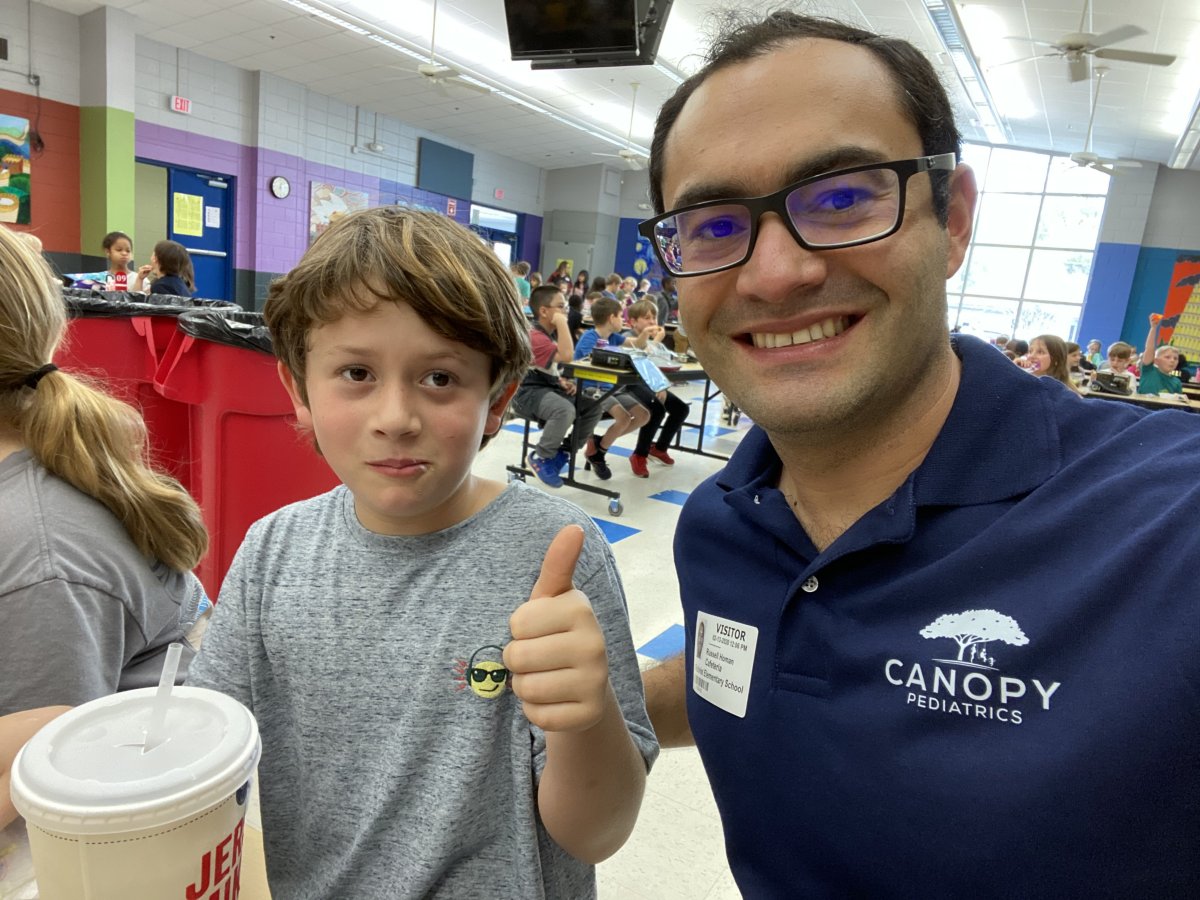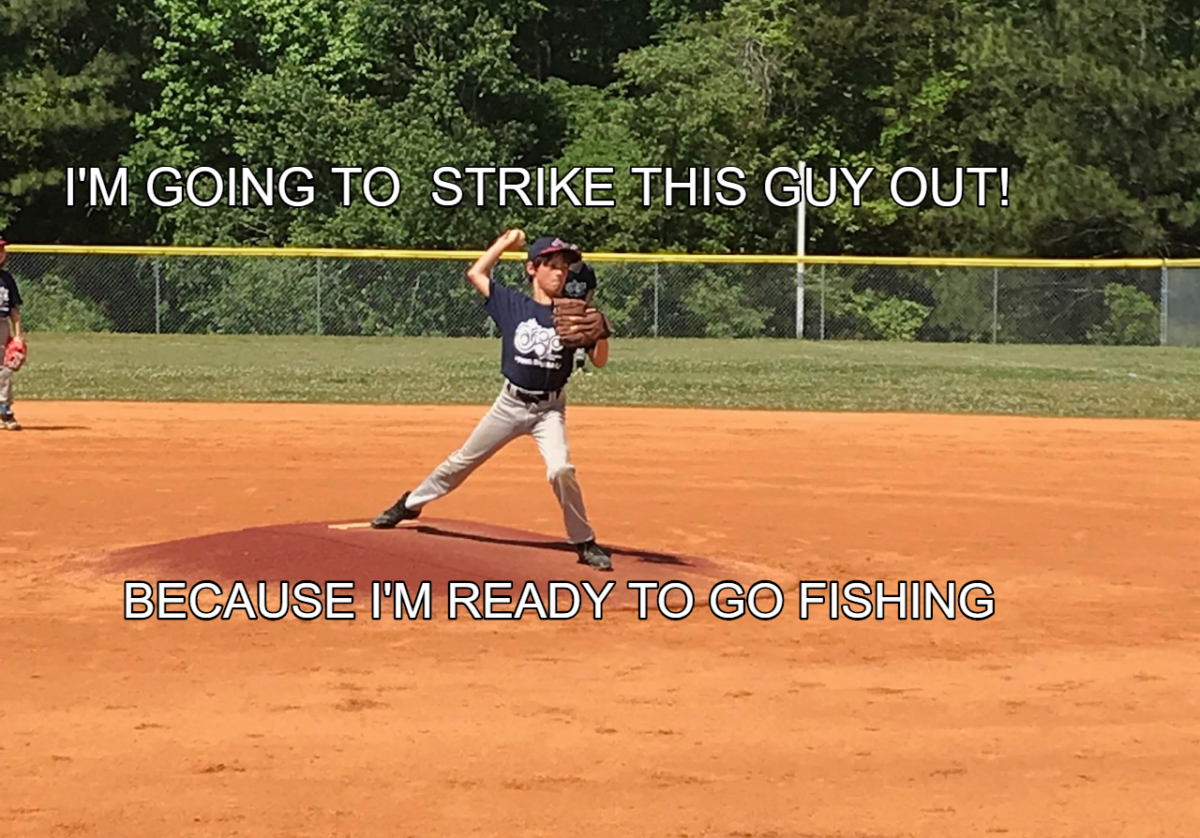Had a great time having lunch with my son at his elementary school last Thursday. I did suffer temporary hearing loss (I forgot how loud elementary cafeterias can be!), but I can hear again.
But really, it was great to see the smile on his face when he saw me (and when he saw the Jersey Mike’s subs in my hand). I cannot believe that this was only my second time visiting him for lunch this school year! I have decided that I am going to commit to going once per month! (which really doesn’t seem like much, does it?)
Did you guys know that there is a debate as to whether it’s good for parents to have lunch with their children? Some schools discourage parents from having lunch with their kids, and they have good reasons. Some parents have brought food for their child and their child’s favorite students, making other children left-out. Some parents have shown-up and fed their children or made sure they ate all their food, which does not allow their child to learn food independence (though I’m sure there are some children with eating disorders that would benefit from their parent coming for lunch). But I think that most of the time, it is good for a child to see that his or her parents will go out of their way to come have lunch with them at school.
This reminds me of some interesting research. It is generally more meaningful to children when their parents engage with them more times per day for shorter durations (think 3 to 5 minutes), rather than just one or two longer engagements. I think lunch with your child is like this. It’s loud, it’s hard to hear what your child is saying, but it shows that you care, and you took time out of your busy day to spend time with them. They are only around for so long!


